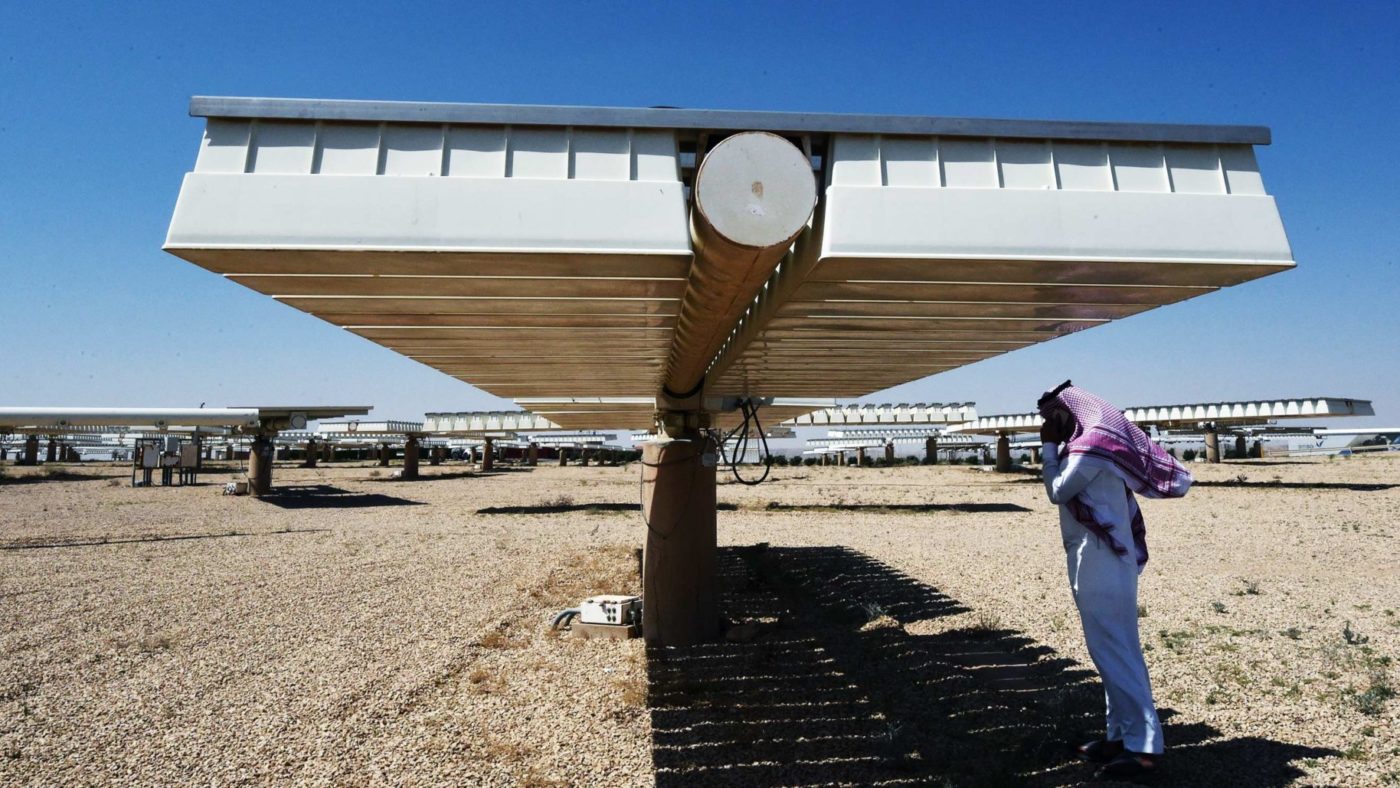Gulf states are nervous about the new Biden administration. Noises around re-signing up to the JCPOA and the potential to be held at more of an arms-length than under Trump have caused some unease. Leaders in the region, as well as the new president himself, will be keen to find issues of common cause. As exemplified by the recent Abu Dhabi Sustainability Week, climate change is one obvious choice.
The world’s oil hub might not be an obvious place to turn for green technology innovation, but the region is quietly coming to understand that avoiding climate change action is no longer possible. The UAE for example has committed to a 24% reduction in emissions by 2030, while Saudi Arabia and Bahrain have both made relatively modest pledges to increase their use of renewables.
Of course, we can’t expect these countries to ditch hydrocarbons altogether. As the cornerstone of the Gulf economies, oil production will continue to provide significant, essential revenues to their respective governments. However, there appears to be greater understanding that technologies such as carbon capture and storage need to be developed to keep the oil industry viable in the long term. And that extends well beyond keeping the oil dollars flowing.
That change is already taking shape. The chairman of renewable energy developer Masdar, Dr Sultan al Jaber, recently declared that the UAE could become a low-cost hydrogen producer, while Saudi Arabia have announced hugely ambitious plans to build NEOM, the world’s first road-free city. Both states have a long way to go before either becomes a reality, but in the short term their plans send a clear message to the new US administration.
President Biden has made much of his green intentions. Re-signing up to the Paris Climate Accord was amongst the most prominent in a flurry of early executive orders. Throughout the election campaign, he clearly saw putting climate change high on the agenda as a vote winner, especially among younger, more liberal voters. These same voters tend to have a negative view of the Gulf states. If Biden and the Gulf are looking for common cause, green issues could be just that.
Solar power, for example, is an area where cooperation is possible. The US is the world’s second largest producer of solar energy, while the Middle East is an obvious candidate for the deployment of solar en masse as a green alternative energy. What’s more, countries like the UAE have invested billions in developing high-tech, innovation hubs which could prove attractive to American companies looking to develop advanced clean technology.
The Abraham Accords afford another opportunity to use green issues to build relations between America and the Gulf states. Masdar and EDF Israel recently announced an MoU for greater partnership on developing renewables. This public display of commercial cooperation is a direct result of the Accords, and something Biden welcomes. It is also telling that green energy is one of the first areas to see public agreement between an Israeli and Arabic entity. No doubt Israel and the Gulf will be keen for greater American involvement in such deals going forward.
What the relationship between the United States and the Gulf looks like probably won’t be fully apparent for at least a year. However, if both sides want to show the potential for positive cooperation, they need not look much further than tackling climate change.
Click here to subscribe to our daily briefing – the best pieces from CapX and across the web.
CapX depends on the generosity of its readers. If you value what we do, please consider making a donation.


